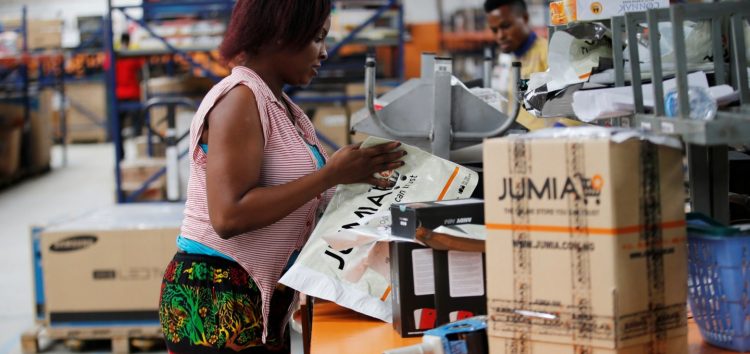When it first launched in Nigeria in 2012, Jumia quickly realized just how much work was needed to build a logistics service that could enable its e-commerce ambitions across the continent.
Early day e-commerce businesses on the continent faced several problems, which ranged from trust deficits on the part of customers to a lack of reliable online payments infrastructure. If those two key problems were surmounted and an order was placed, the logistics of ensuring prompt delivery in congested cities with limited addressing systems also typically proved tricky.
After eight years of iteration, Jumia’s delivery arm now consists of a network of over 300 courier partners and proprietary technology for tracking optimal delivery routes, inventory, and payments. It also includes over 110,000 square meters of warehouse space across the continent as well as a vast network of drop-off and pick-up stations that offer the company a wider offline presence. Fifteen months ago, Jumia partnered with Vivo Energy (owner of Engen and Shell-branded petrol stations across Africa) to set up pick-up stations at Vivo’s over 2,000 fuel station outlets.
Put together, Jumia’s logistics arm has been exclusively available to vendors on its marketplace—until now. The company is opening up its logistics services to third party users across 11 countries in Africa.
It’s a move that sees Jumia instantly become one of the biggest players in e-commerce logistics space across the continent. The company is also likely betting on quickly gaining traction by winning potential customers through its years of experience in logistics, from product handling to last mile delivery.
READ ALSO: https://www.thexpressng.com/2020/11/10/lagos-traffic-overwhelms-lastma-officers-oduyoye-lastma-gm/
But Jumia’s obvious gains aside, the move is also potentially crucial for the wider e-commerce sector given how much of an albatross efficient logistics has been for businesses looking to widen their scope through online commerce and delivery.
In pursuit of profits
Opening up its logistics network to third party users is Jumia’s latest gambit as it looks to tread a path to profitability. While the company’s leadership has set a target of attaining profitability by 2022, Jumia is still racking up major million-dollar quarterly losses and endured a tumultuous year since its high-profile, billion-dollar IPO on the New York Stock Exchange last year.
The company’s latest earning results showed a $44.3 million operating loss as well as 13% year on year drop in gross merchandise volume.
The decision to optimise its logistics service as a revenue driver reaffirms that the company is looking beyond e-commerce for income and profits. Indeed, Jumia’s chief executives have spent much of the past year talking up plans to go after payments market share across the continent by spinning off Jumia Pay, an in-house payments solution, as a standalone product.
So far, Jumia Pay is already available in seven African countries and has steadily gained traction within Jumia’s marketplace. Second quarter earnings reports showed total payments volume on Jumia Pay more than doubled year on year to reach $63.1 million while transactions topped 2.4 million.


